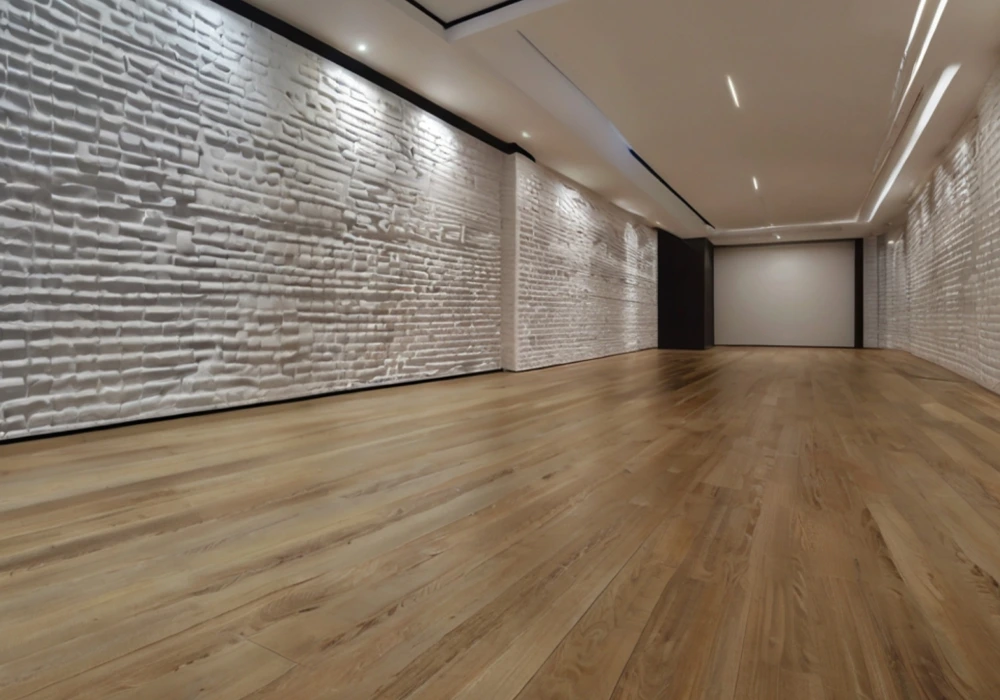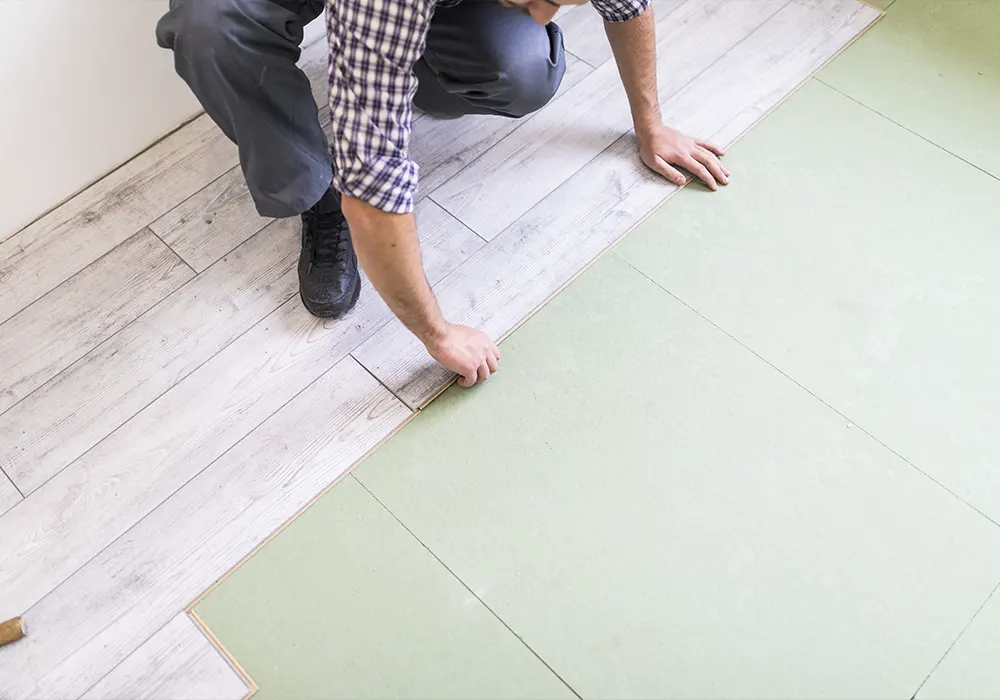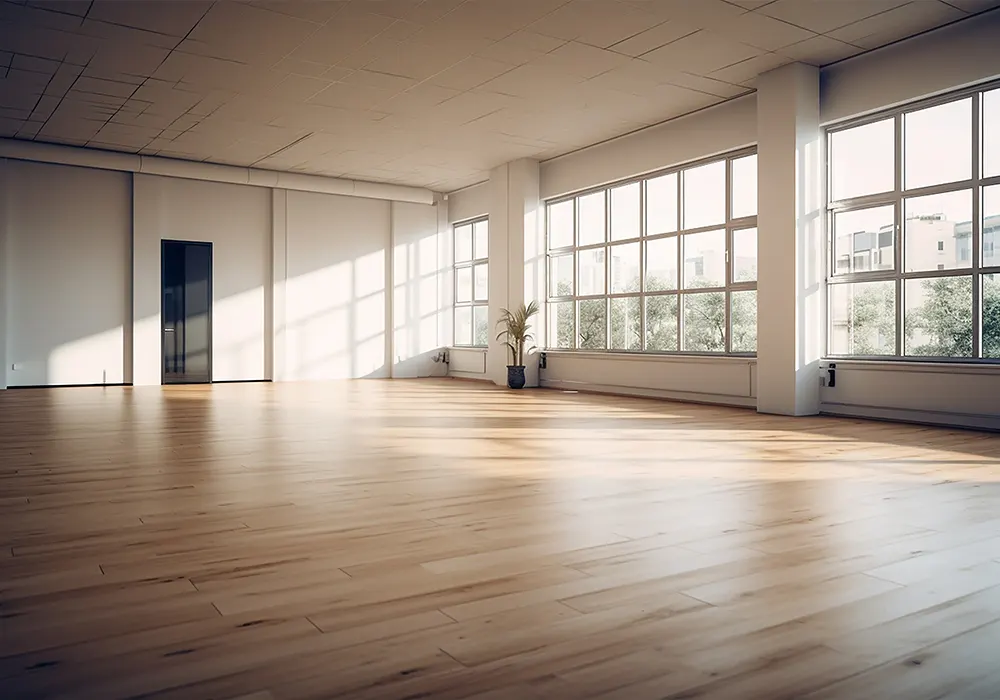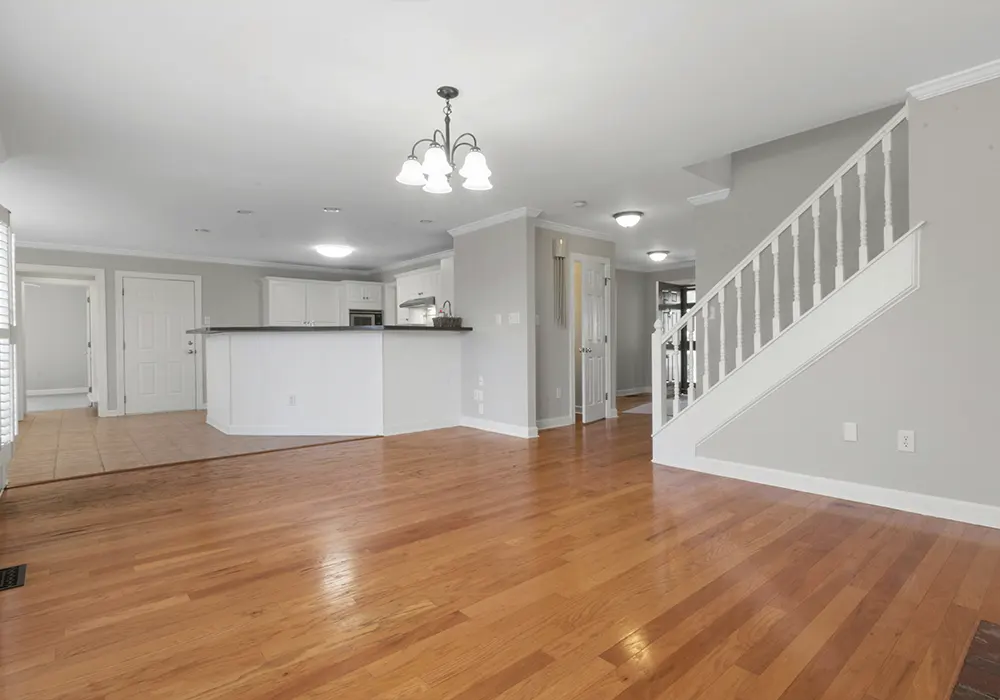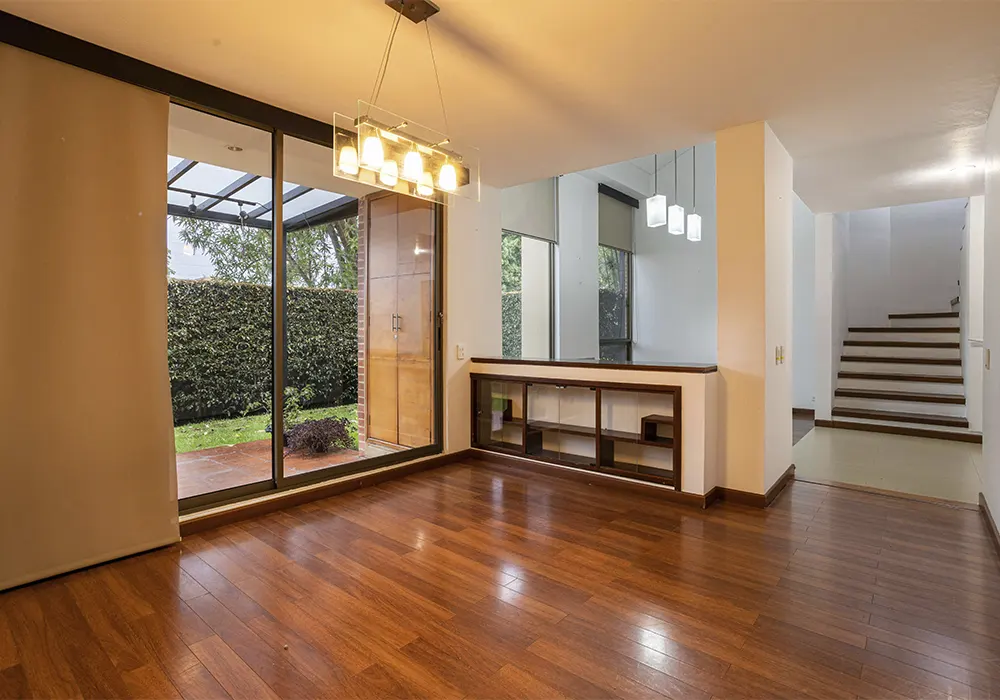- Key Considerations for Basement Flooring
- Top Flooring Options for Basements
- Pros and Cons of Each Option
- Installation Tips
- Conclusion
Choosing the right flooring for your basement can be challenging due to the unique conditions in below-grade spaces, such as higher humidity and the potential for water leaks. However, with the right materials, you can create a comfortable, durable, stylish basement floor that meets your needs. This guide will help you navigate the pros and cons of different basement flooring options.
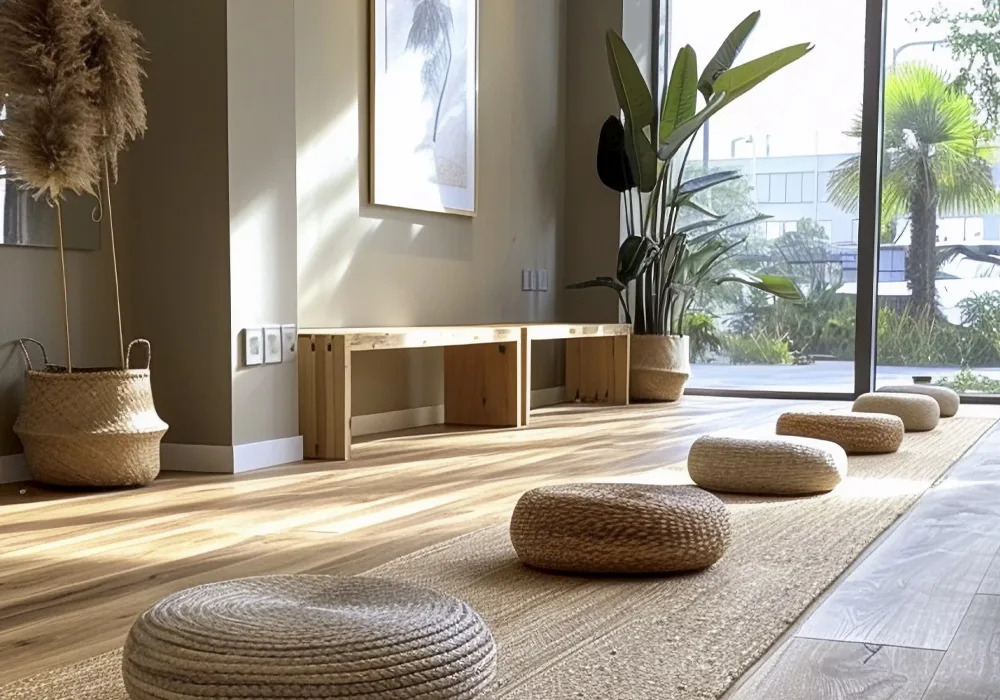
Key Considerations for Basement Flooring
Before selecting a flooring material, consider the following factors:
- Moisture Resistance: Basements are prone to moisture, so it’s essential to choose a flooring material that can withstand damp conditions.
- Insulation: Basements tend to be colder than the rest of the house. Flooring that provides some level of insulation can help keep the space more comfortable.
- Durability: Basements often serve as multi-purpose spaces, so the flooring needs to be durable enough to handle various activities.
Top Flooring Options for Basements
- Luxury Vinyl Plank (LVP): LVP is an excellent choice for basements due to its waterproof nature and durability. It can mimic the look of hardwood or stone while providing a comfortable and moisture-resistant surface. LVP is also easy to install and maintain, making it a popular option for DIYers.
- Ceramic or Porcelain Tile: Tile is another durable and waterproof option for basements. It’s resistant to moisture and stains, making it ideal for areas prone to dampness. However, tile can be cold and uncomfortable underfoot, so consider adding area rugs or using a radiant floor heating system for better comfort.
- Carpet Tiles: Carpet tiles are a warm and comfortable option for basement flooring. They are easy to install and replace, making them practical for basements where moisture might be an issue. While not waterproof, some carpet tiles are water-resistant and can be treated to resist mold and mildew.
- Engineered Hardwood: If you love the look of hardwood but worry about moisture, engineered hardwood is a viable option. It’s more stable than solid hardwood due to its multi-layer construction, making it less prone to warping in humid environments. However, it’s still not fully waterproof, so it may require additional moisture barriers.
Pros and Cons of Each Option
- Luxury Vinyl Plank (LVP):
- Pros: Waterproof, durable, easy to install, and comes in a variety of styles.
- Cons: Can feel slightly less comfortable underfoot compared to other options.
- Ceramic or Porcelain Tile:
- Pros: Highly durable, waterproof, and available in a broad range of designs.
- Cons: Cold and hard underfoot, may require heating or additional insulation.
- Carpet Tiles:
- Pros: Comfortable, easy to replace, and adds warmth to the space.
- Cons: Not waterproof, though some options are water-resistant.
- Engineered Hardwood:
- Pros: Offers the beauty of hardwood with better moisture resistance.
- Cons: Not fully waterproof, and can be more expensive than other options.
Installation Tips
- Prepare the Subfloor: Ensure your basement floor is level, clean, and dry before installing any flooring.
- Moisture Barriers: Depending on the flooring material, consider using a moisture barrier to protect against potential water damage.
- Consider Insulation: For materials like ceramic tile, consider adding a layer of insulation or underfloor heating to increase comfort.
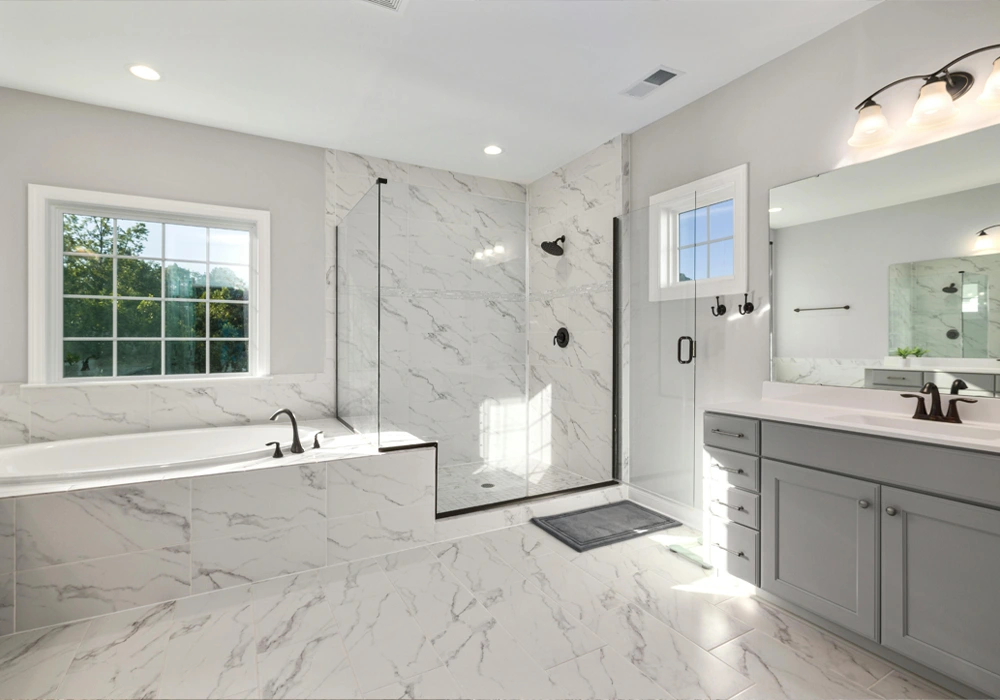
Conclusion
Choosing the right flooring for your basement requires careful consideration of the space’s unique challenges. Luxury Vinyl Plank, Ceramic Tile, Carpet Tiles, and Engineered Hardwood each offer distinct advantages depending on your needs and preferences. By weighing the pros and cons of each option, you can create a basement space that’s both functional and beautiful, while also standing up to the rigors of below-grade areas.

